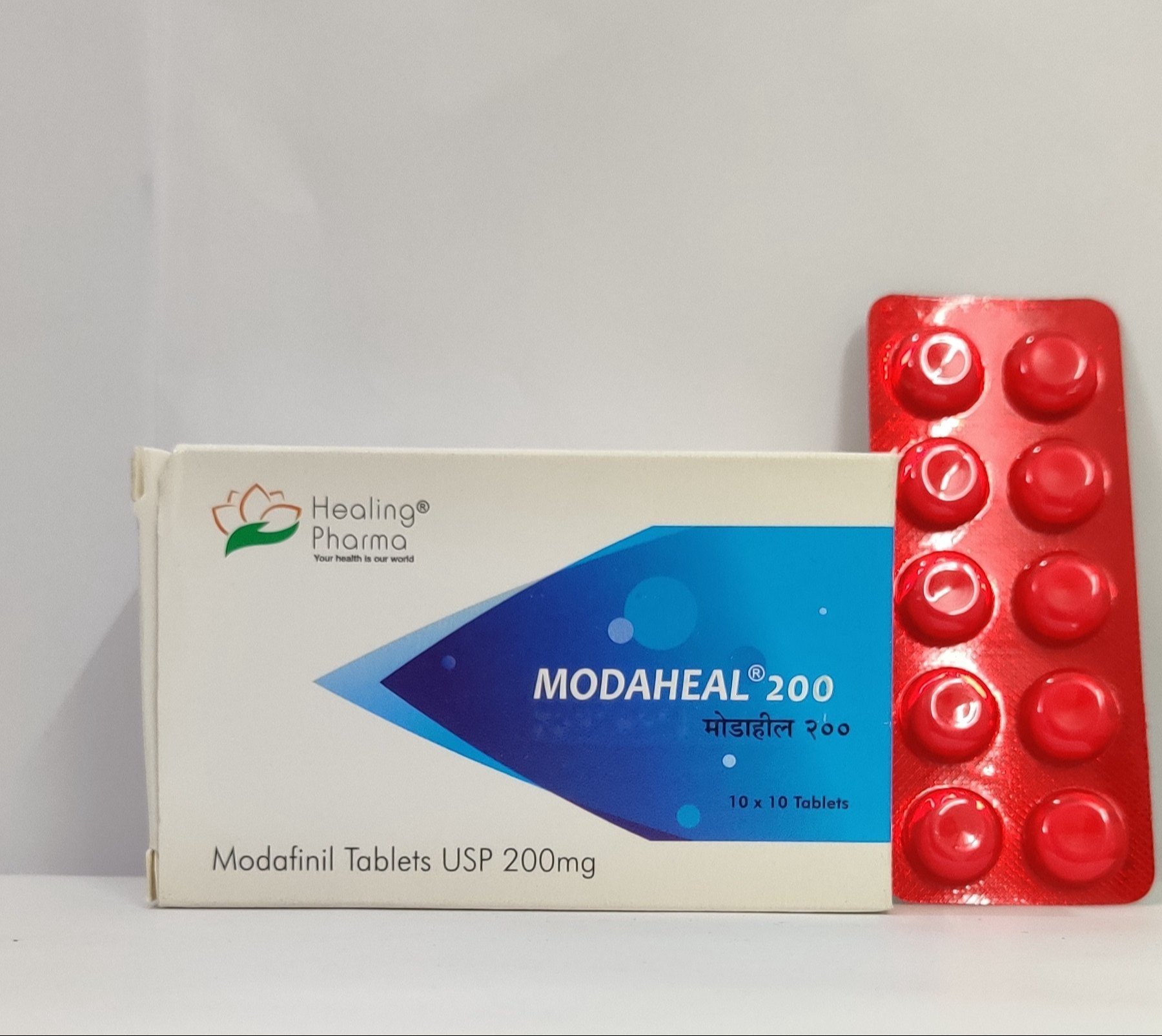When a loved one needs extra care, choosing between a skilled nursing facility and an assisted living community can be challenging. Both options provide support, but they serve different purposes. Understanding their differences can help you make the best decision for your family member’s health and well-being.
What Is a Skilled Nursing Facility?
A skilled nursing facility provides 24/7 medical care and rehabilitation services for individuals recovering from an illness, surgery, or injury. Staffed by licensed nurses, therapists, and healthcare professionals, it offers a structured environment where patients receive continuous medical attention.
Common reasons for choosing a skilled nursing facility include:
- Post-surgical recovery – Patients need wound care, therapy, and medication management.
- Chronic illness management – Conditions like heart disease, diabetes, and respiratory disorders require close monitoring.
- Stroke rehabilitation – Physical, occupational, and speech therapy help patients regain function.
- Injury recovery – Fractures and mobility issues benefit from specialized therapy.
- Neurological conditions – Patients with Parkinson’s, multiple sclerosis, or Alzheimer’s require expert care.
What Is Assisted Living?
Assisted living is designed for seniors who need help with daily activities but do not require intensive medical care. Residents live in private or shared apartments and receive assistance with personal care, housekeeping, and meals.
Assisted living is ideal for individuals who:
- Need help with dressing, bathing, or medication reminders.
- Want to live in a social and supportive community.
- Are mostly independent but need some supervision.
- Have mild memory issues but do not require 24/7 nursing care.
Key Differences Between a Skilled Nursing Facility and Assisted Living
| Feature | Skilled Nursing Facility | Assisted Living |
|---|---|---|
| Medical care | 24/7 licensed nursing care | Minimal medical assistance |
| Therapy services | Physical, occupational, and speech therapy | Limited therapy options |
| Level of independence | Patients need full-time medical supervision | Residents maintain independence with some support |
| Length of stay | Short-term rehabilitation or long-term care | Primarily long-term |
| Cost | Typically higher due to medical care | Lower cost compared to skilled nursing |
How to Decide Which Option Is Right for Your Loved One
To determine the best choice, ask these questions:
- Does my loved one need ongoing medical care?
- If they require frequent medical attention, a skilled nursing facility is the better option.
- Can they manage daily activities independently?
- If they only need minimal assistance, assisted living provides the right balance of support and independence.
- Is rehabilitation needed after surgery or illness?
- A skilled nursing facility offers specialized therapy to aid recovery.
- What is their long-term care plan?
- If they need temporary recovery care, a skilled nursing facility works best. If they need a permanent supportive living environment, assisted living may be ideal.
Conclusion
Choosing between a skilled nursing facility and assisted living depends on your loved one’s health needs and level of independence. A skilled nursing facility is best for those needing intensive medical care and rehabilitation, while assisted living supports seniors who require assistance with daily tasks in a social setting.
By understanding these differences, you can make an informed decision that ensures your loved one receives the right level of care and support.



